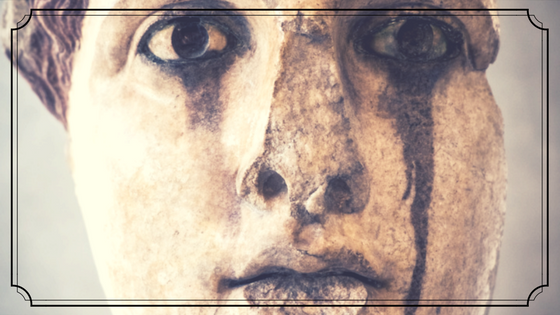One of my favorite things to read as a teenager was Arthurian Romance cycles. In addition to the adventure and heroism found in Greek epic poetry, Arthurian mythology holds a sort of mysterious quality in its tone. These are not simply stories of battles for honor, glory, and country. These are also stories of individuals embarking into the great unknown of life, questing for legendary objects such as the Holy Grail, which they may or may not succeed in obtaining. This is the sort of thing that fascinates me, because it is a sort of allegory for life: we often embark into the unknown of the future, and our goals may or may not be realistic.
But as it says on the tin, "Arthurian Romance" cycles also include romance. This is not so much the romance of today's Hallmark movies--though perhaps both are surreal in their idealism--but that of the French court of the time. Romance had less to do with love leading to marriage and family, and more about a man's undying devotion to a lady from afar,* often proving it by beating other knights in tournaments in her honor or going on lengthy expeditions for something she requested of him.
One of the main proponents of the French courtier definition of Romance was Chretien de Troyes. Even those who don't recognize his name will have at least a passing familiarity with a character he popularized in his retelling of Arthurian legends: Lancelot du Lac. The drama of Lancelot with King Arthur's wife Guenevere is the epitome of courtly romance, and Lancelot suddenly becoming the Greatest Knight of the Round Table in all the stories ever since would normally make me detest de Troyes...because obviously that honor belongs to none other than GAWAIN!!!!!!!!!!
But that is another rant for another post.



